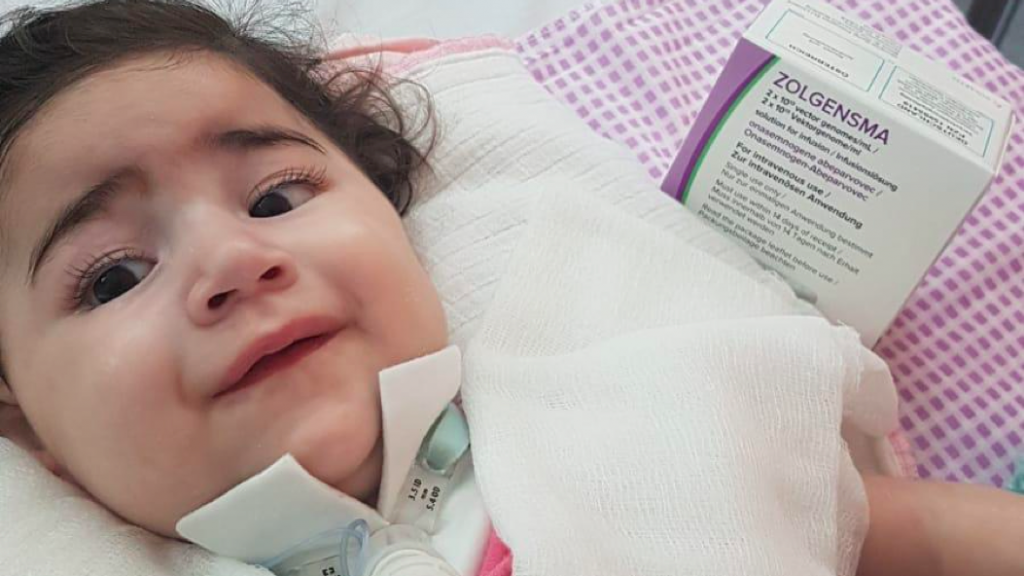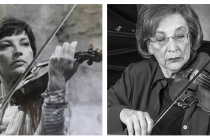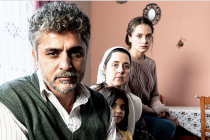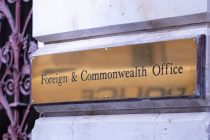Baby Asya Polatlı has received potentially lifesaving gene therapy treatment in a South Cyprus hospital earlier today.
The one-year-old toddler is being kept overnight at the Makarios Children’s Hospital in South Nicosia for observation after being administered Zolgensma, a pioneering one-time treatment for severe spinal muscular atrophy (Type 1 SMA). The drug is administered as a single dose intravenously in to the bloodstream.
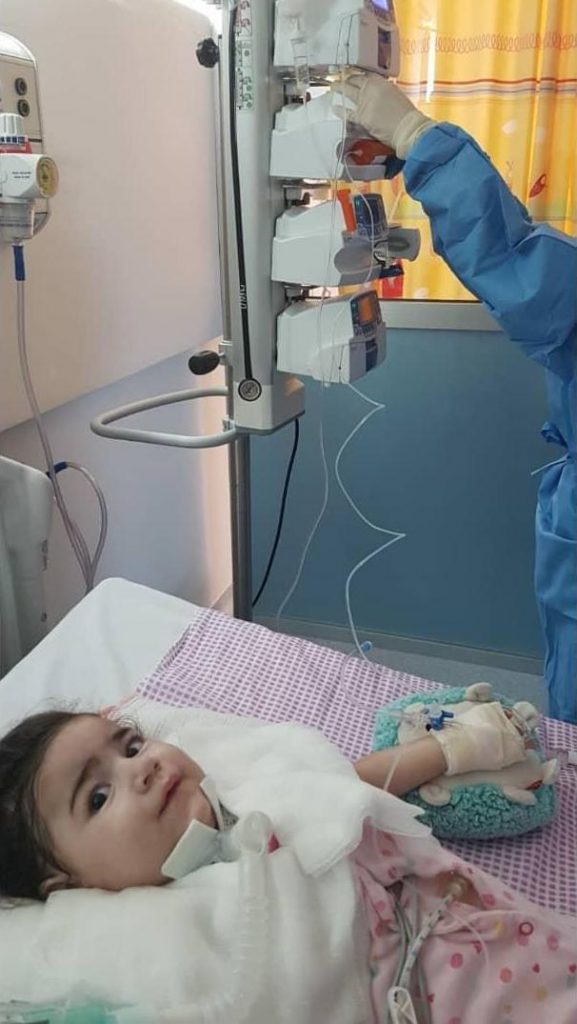
Her aunt Aliye Mehmet told T-VINE that Asya is “doing well” after the one-hour treatment and that her parents Ozan and Güler Polatlı remain by her side.
Asya was diagnosed with Type 1 SMA, a rare neuromuscular disease, when she was two months old. She is unable to walk, swallow, or breathe on her own due to the disease which, if left untreated, could kill her. The degenerative nature of the disease means very few children live beyond the age of two.
Earlier this year, her family had launched a campaign to raise the £1.9 million needed Zolgensma, which is Asya’s best chance for a near normal life.
While the American-made drug doesn’t cure the disease, it does increase the SMN protein in motor neurons that is currently dangerously low, helping children like Asya to have more healthy cells, which in turn aid her natural development. As with all drugs, there is a risk Asya’s body rejects the treatment.
The toddler had travelled to Turkey in the summer to receive another drug that would slow down the deterioration in her condition. Due to bureaucratic hurdles over her not being a Turkish citizen, she was unable to receive the treatment, prompting the Greek Cypriot authorities to step in.
On 27 September, Asya and her parents were flown in an ambulance plane from Ankara to Larnaca International Airport via Greek air space, due to the lack of diplomatic relations between Turkey and the Greek Cypriot-controlled Republic of Cyprus.
From Larnaca, the young Turkish Cypriot infant was transferred to the Makarios Children’s Hospital where she was assessed for treatment. The cost of the expensive treatment has been undertaken in full by the Greek Cypriot health authorities.
Asya and her parents are dual nationals, citizens of both the Turkish Republic of North Cyprus (TRNC) and also the Republic of Cyprus, making them eligible for the treatment in South Cyprus.


